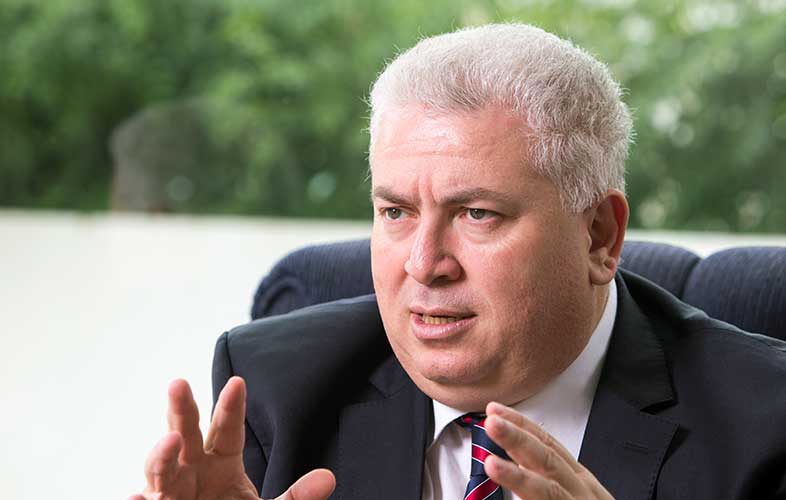
Psychiatrist and director of Pembe Köşk Psychiatric Hospital, Prof. Dr. Mehmet Çakıcı, has issued a stark warning about the growing gambling addiction crisis in Northern Cyprus, estimating that between 20,000 and 25,000 people in the country are struggling with the disorder.
Speaking on Kıbrıs Postası TV’s morning program Sabah Postası, hosted by Canan Onurer, Prof. Dr. Çakıcı criticized the government’s lack of a comprehensive policy to combat the issue.
“Casinos are full of Turkish Cypriots despite entry ban”
Commenting on the recent passage of the Amended Games of Chance Bill in the Republic Assembly, Çakıcı said the government’s approach is misguided. While Turkish Cypriots are technically banned from entering casinos, Çakıcı claims this law is not being enforced, with local citizens making up a large portion of casino revenue.
“Despite the official ban, the reality is that casinos are full of Turkish Cypriots,” Çakıcı stated. “Gambling addiction is one of the country’s most severe psychiatric diseases—akin to a psychological cancer—and yet no national policy
exists to address it.”
“A single death due to gambling addiction is a political failure”
Highlighting the urgent need for preventive measures, Çakıcı stressed the state’s responsibility in tackling the issue. “Refusing to acknowledge the problem won’t make it go away. We must invest in both prevention and treatment,” he urged. “The goal shouldn’t be maximizing revenue from gambling. If even one person dies because of this addiction, politics bears the blame.”
Research shows rising addiction rates
Çakıcı referenced several studies conducted between 2007 and 2018 to illustrate the scale of the crisis. A 2007 study of 1,000 participants found a 2.2% rate of pathological gambling, already among the highest globally at the time. That figure steadily climbed in follow-up studies: 3.4% in 2012, 3.8% in 2014, and 4.6% by 2018.
“These numbers place Northern Cyprus far above the pathological gambling rates in Europe (1%), the U.S., and New Zealand (1.5%),” Çakıcı noted. “Even in countries where gambling addiction is considered widespread, the rate rarely exceeds 2%.”
“No treatment policy”.



